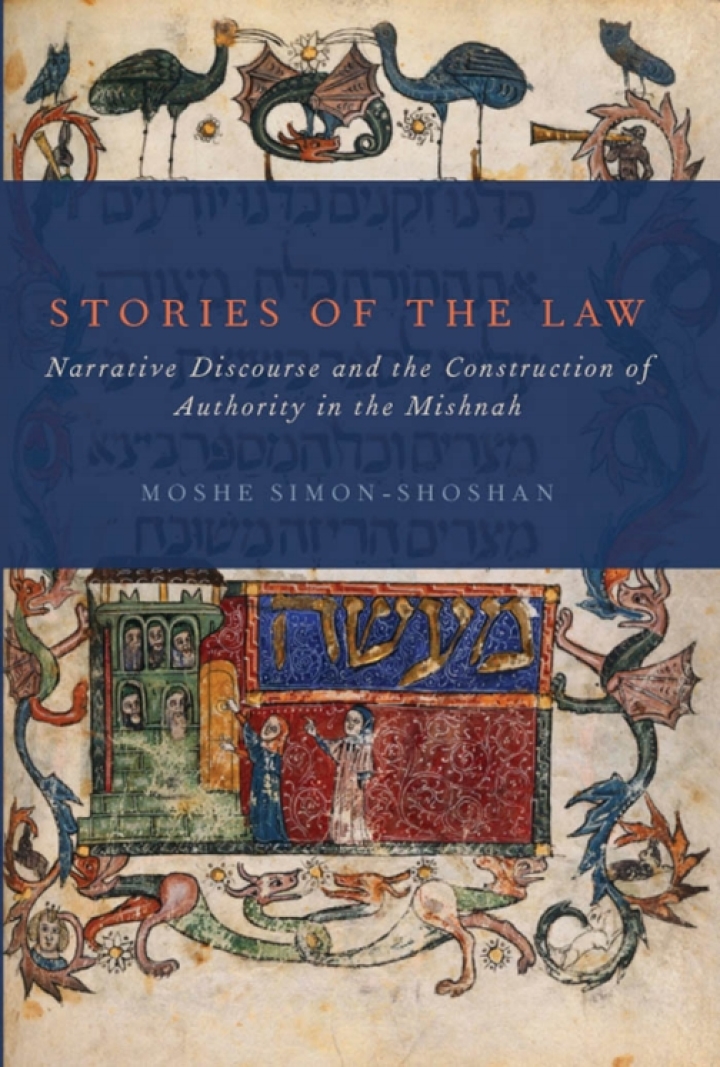Stories of the Law Narrative Discourse and the Construction of Authority in the Mishnah
$14.95
Attention: This is just ebook, Access Codes or any other Supplements excluded! / File Delivery: Sent Via Email within 24 hours!
SKU: 844d7e04d5a5
Category: Law Textbooks
Description
-
Author(s)Moshe Simon-Shoshan
-
PublisherOxford University Press
-
FormatPDF
-
Print ISBN
9780199773732, 0199773734 -
eText ISBN
9780199773732, 0199773734 -
Edition
-
Copyright
- Details
Winner of Honorable Mention in the Jordan Schnitzer Book Awards of the Association for Jewish StudiesMoshe Simon-Shoshan offers a groundbreaking study of Jewish law (halakhah) and rabbinic story-telling. Focusing on the Mishnah, the foundational text of halakhah, he argues that narrative was essential in early rabbinic formulations and concepts of law, legal process, and political and religious authority.The book begins by presenting a theoretical framework for considering the role of narrative in the Mishnah. Drawing on a wide range of disciplines, including narrative theory, Semitic linguistics, and comparative legal studies, Simon-Shoshan shows that law and narrative are inextricably intertwined in the Mishnah. Narrative is central to the way in which the Mishnah transmits law and ideas about jurisprudence. Furthermore, the Mishnah’s stories are the locus around which the Mishnah both constructs and critiques its concept of the rabbis as the ultimate arbiters of Jewish law and practice.In the second half of the book, Simon-Shoshan applies these ideas to close readings of individual Mishnaic stories. Among these stories are some of the most famous narratives in rabbinic literature, including those of Honi the Circle-drawer and R. Gamliel’s Yom Kippur confrontation with R. Joshua. In each instance, Simon-Shoshan elucidates the legal, political, theological, and human elements of the story and places them in the wider context of the book’s arguments about law, narrative, and rabbinic authority.Stories of the Law presents an original and forceful argument for applying literary theory to legal texts, challenging the traditional distinctions between law and literature that underlie much contemporary scholarship.
Related products
-
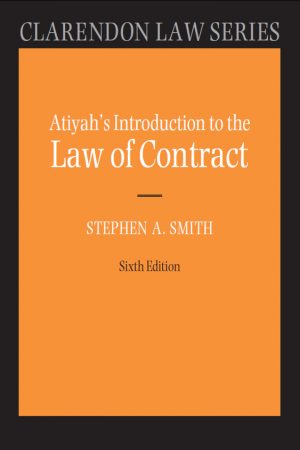
Atiyah’s Introduction to the Law of Contract 6th Edition
Rated 0 out of 5$30.88 Add to cart -
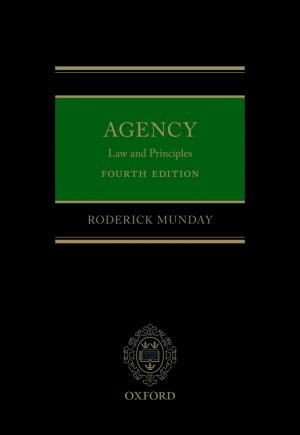
Agency 4th Edition Law and Principles
Rated 0 out of 5$53.62 Add to cart -
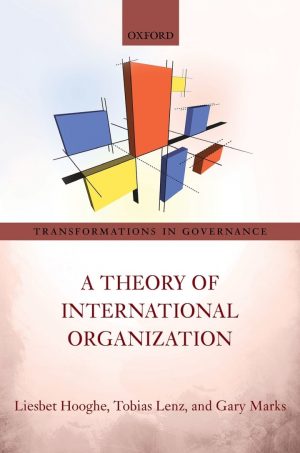
A Theory of International Organization
Rated 0 out of 5$11.05 Add to cart -
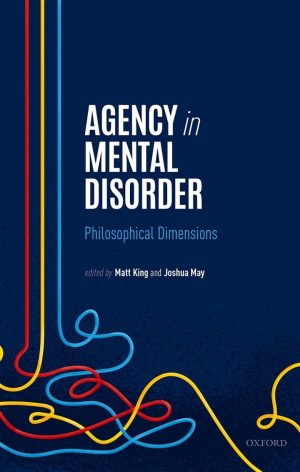
Agency in Mental Disorder Philosophical Dimensions
Rated 0 out of 5$26.00 Add to cart

